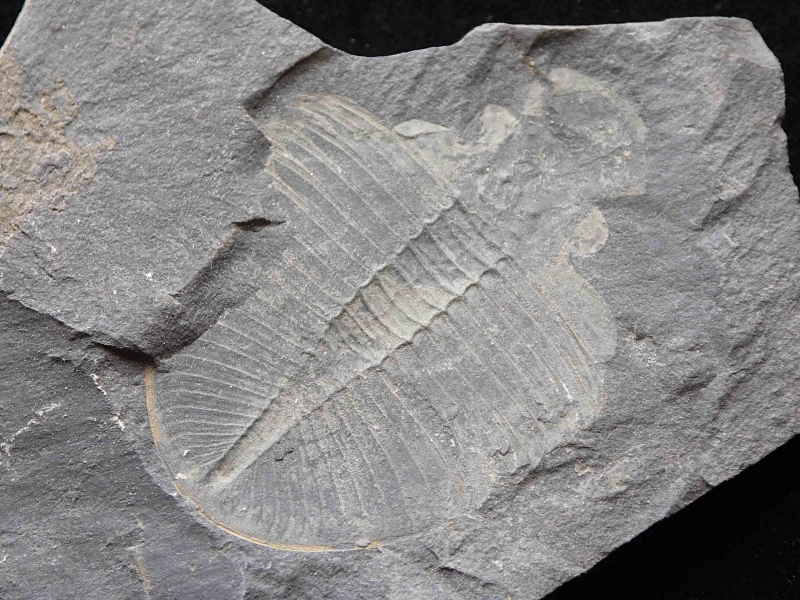Issue 70 contents list: published July 2015
70-britains-lower-palaeozoic-fossils-ogyiocarella-debuchii
Issue 70 contents list:
ROCKWATCH EVENTS
Members’ field trips, public Family Fun Days and fantastic geology for members and others to enjoy. As a Rockwatcher you’ll have the chance to do all these things and much, much more.
MOSASAURS – PERFECT SEA MONSTERS
Rockwatcher Luke Rakhshan Parast shares his fascination for, and knowledge of, mosasaurs with us. These terrifying sea monsters ruled the Cretaceous seas but fortunately for us, died out with the end Cretaceous mass extinction.
MY LIFE AS A GEOLOGICAL CURATOR
If you love collecting, classifying and organizing your geological treasures then you’ll really connect with Matthew Parkes as he shares his secrets of a geological curator’s life with us. Discover more when you read this article.
EARTHQUAKE-PRONE NEPAL
Peter Doyle explains why the most recent and devastating earthquake occurred in Nepal in April 2015. It led to many deaths and destroyed large swathes of land and buildings. Given that Nepal sits on the junction of the India plate (moving northwards), and the Eurasian plate, it is unlikely to be the last significant such event.
OIL AND GAS SEEPS
Petroleum exploration geologist, Graham Goffey, tells us about oil seeps: what they are, how they occur and why they are so helpful to geologists looking for oil. Seeps occur in most oil-producing basins, with some of the most spectacular in Northern Iraq, but we also have a number here in Britain. Find out more.
BRITAIN’S LOWER PALAEOZOIC FOSSILS
Peter Dolye’s love of fossils is clear in this, the first of four articles he plans for the magazine. He illustrates some of the most common Lower Paleaozoic fossils found in Britain and explains their importance to geologists
WHY THE DANUBE FLOWS TO A FAR-AWAY SEA
Did you know that the River Danube, Europe’s second longest river, flows through 10 countries and that its circuitous route is seriously constrained by the geology of the area it flows through? Susanna van Rose leads us though its 2,860 km, from source to sea, highlighting the geological constraints.
DIVING IN THE PERMIAN SEA
If you ever wondered about life in the Permian Seas, then this article by Amelia Davies will satisfy your curiosity. On a walk through the Guadalupe Mountains in Texas, the rocks and fossils she encountered provided the clues to just what life was like in those seas between 299 and 251 million years ago.

